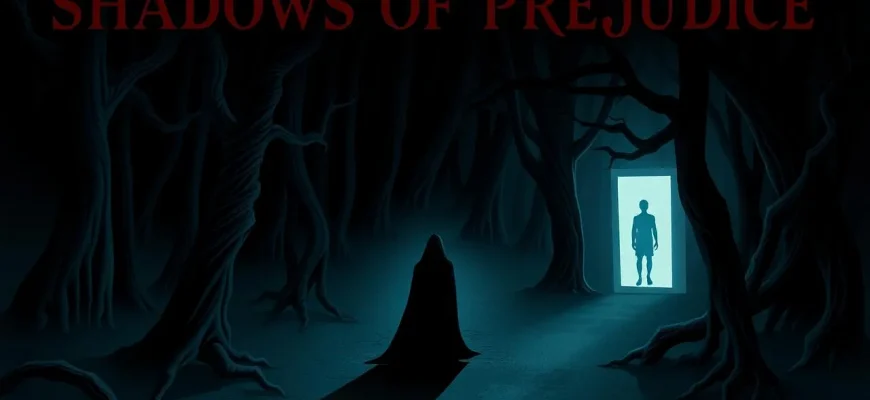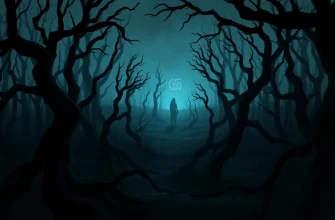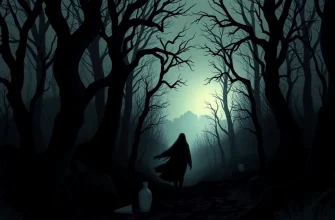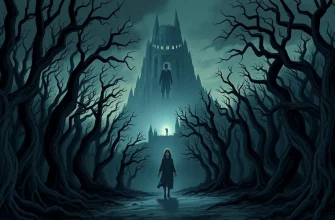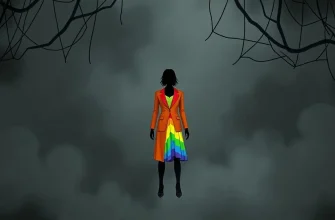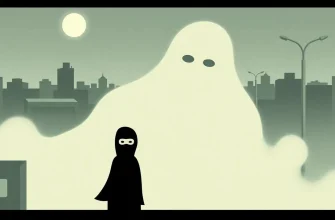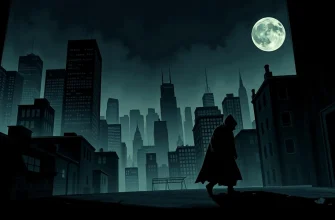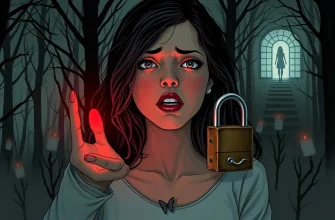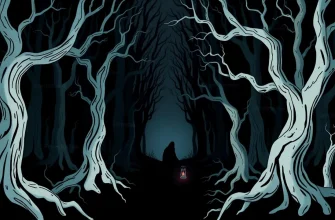Horror films often mirror societal fears and prejudices, using the genre's unique ability to shock and provoke thought. This curated list of 10 horror movies delves into themes of prejudice, showcasing how fear of the 'other' can manifest in terrifying ways. From supernatural entities to psychological horrors, these films not only entertain but also challenge viewers to reflect on their own biases. Whether it's racial, cultural, or social prejudice, these movies provide a chilling commentary on the human condition.

Candyman (1992)
Description: "Candyman" tackles urban legends and racial prejudice in a Chicago housing project. The film uses the myth of the Candyman to explore how fear and prejudice can perpetuate cycles of violence and misunderstanding.
Fact: The film is based on Clive Barker's short story "The Forbidden." It was controversial for its depiction of race and violence but has since been recognized for its cultural commentary.
 Watch Now
Watch Now 
The Others (2001)
Description: This film uses the theme of isolation to delve into prejudices against the unknown. A woman living in a dark, old house with her photosensitive children begins to suspect that they are not alone, revealing layers of fear and misunderstanding.
Fact: The film was shot in Spain, despite being set in the British Isles. It was also a box office success, grossing over $200 million worldwide.
 Watch Now
Watch Now 
The Skeleton Key (2005)
Description: Set in the Louisiana bayou, this film uses voodoo as a metaphor for cultural prejudice. A hospice nurse discovers dark secrets in an old plantation house, where the owners' disdain for local traditions and beliefs leads to horrifying consequences.
Fact: The film was shot on location in New Orleans, adding authenticity to its setting. It also explores themes of aging and the fear of losing one's identity.
 Watch Now
Watch Now 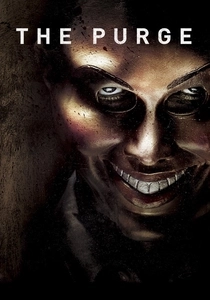
The Purge (2013)
Description: While not explicitly about prejudice, "The Purge" series examines societal divisions and the consequences of legalizing crime for one night, highlighting class and racial tensions.
Fact: The film's concept has inspired numerous debates about law, order, and social justice. It was also turned into a successful franchise.
 Watch Now
Watch Now 
The Babadook (2014)
Description: This Australian horror film uses the metaphor of a monstrous entity to explore the prejudice against mental illness and grief. A widow and her son are haunted by a creature from a children's book, symbolizing their internal struggles.
Fact: The film has been interpreted as an allegory for depression and has gained a cult following for its psychological depth.
 Watch Now
Watch Now 
The Invitation (2015)
Description: "The Invitation" explores the prejudice of distrust and paranoia. A man attends a dinner party hosted by his ex-wife, where the evening's events spiral into a psychological horror, questioning the nature of trust and betrayal.
Fact: The film was shot in just 20 days and uses a single location to build its tense atmosphere.
 Watch Now
Watch Now 
The Autopsy of Jane Doe (2016)
Description: This horror film subtly addresses prejudices against the dead and the unknown. A father-son team of coroners uncovers supernatural secrets during an autopsy, challenging their perceptions of life and death.
Fact: The film was praised for its suspense and minimal use of jump scares, relying instead on atmosphere and psychological tension.
 Watch Now
Watch Now 
The Witch (2015)
Description: Set in 1630s New England, "The Witch" explores religious and gender-based prejudice. The film's narrative centers on a family's disintegration due to accusations of witchcraft, reflecting the era's fear of the unknown and the 'other.'
Fact: The film uses authentic 17th-century dialogue, and its director, Robert Eggers, meticulously researched historical witchcraft trials.
 Watch Now
Watch Now 
Get Out (2017)
Description: Jordan Peele's directorial debut, "Get Out," cleverly uses horror to explore racial prejudice. The film follows Chris, a young African-American man, who uncovers a sinister plot during a visit to his white girlfriend's family. The movie brilliantly satirizes the liberal facade of acceptance while exposing deep-seated racism.
Fact: The film was nominated for four Academy Awards, winning Best Original Screenplay. It also sparked widespread discussion on race relations in America.
 Watch Now
Watch Now 
Us (2019)
Description: Jordan Peele's second horror film, "Us," examines the fear of the 'other' within ourselves. A family encounters their doppelgängers, leading to a confrontation with their own prejudices and societal divisions.
Fact: The film features a significant twist ending, and its title refers to the idea of 'us' versus 'them,' exploring themes of identity and class.
 Watch Now
Watch Now 
